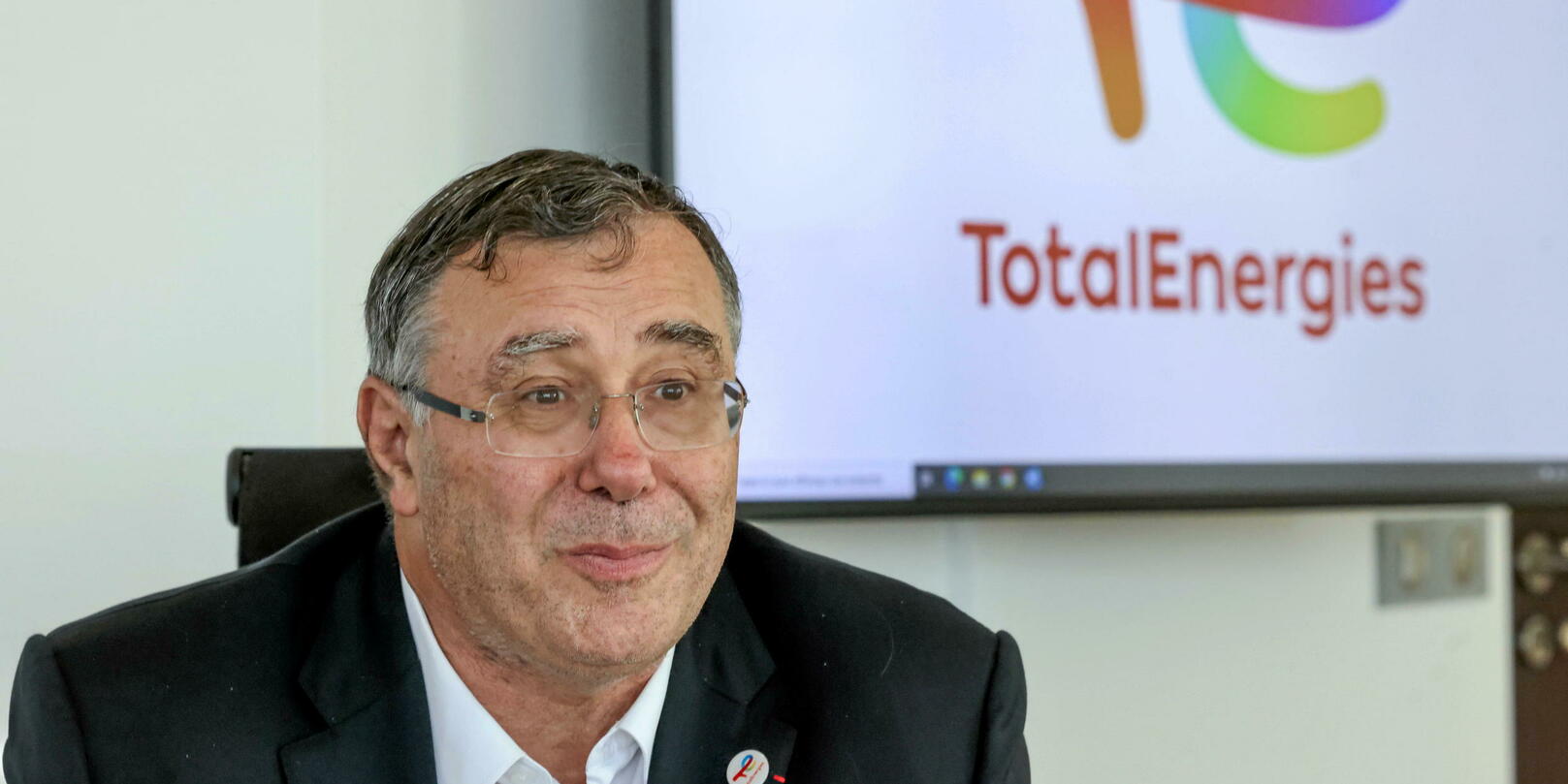TotalEnergies’ Gran Morgu project is set to create thousands of jobs, including 2,000 direct jobs over its lifetime. Meanwhile, the Total-led group plans to spend US$1-1.5 billion in Suriname as part of its development program for the Gran Morgu project. This will allow for Surinamese companies to provide goods and services in aid of the development, boosting the local economy.
The US$10.5 billion got its final investment decision on October 1. The project is targeting the production of 750 million barrels of crude oil from Block 58, starting 2028. However, the benefits to Suriname are expected to begin in the years leading up to first oil.
Chief Executive Officer (CEO) of TotalEnergies, Patrick Pouyanne said “It will create jobs, direct jobs, 2,000 jobs in the next years, and indirect jobs, around 4,000 jobs, drilling services, logistics, support operations. And, of course, we’ll have to train young Surinamese in order to become the future operators on board of the [floating production, storage and offloading vessel].”
Annand Jagesar, CEO of Staatsolie, said local content will “increase strongly” with Gran Morgu’s advancement. He said the last five wells drilled in the lead-up to the FID generated US$90 million in local spending. The Gran Morgu project will involve drilling 32 wells, significantly increasing local engagement. Jagesar expressed pride in Surinamese contractors, particularly regarding a positive review from a contractor evaluating jumper welding jobs in Suriname. This indicates that part of the project’s welding work could also be done locally.
Jagesar encouraged Suriname businesses to take advantage of opportunities. “All these persons that will come to Suriname will need a hotel. They will need a cab. They will go to restaurants. They will visit shows. They will buy souvenirs. They’ll need fancy stuff that you guys make. So this will bring a huge spinoff for our country. And that is all the things that will happen before ‘28. And then, from ‘28 on, we’ll get the direct income from the Gran Morgu project,” Jagesar stated.
Suriname lacks a formal local content law or policy, but it has a clause in its Production Sharing Contracts that mandates purchases from Surinamese companies if they offer competitive price and quality. Staatsolie is working on a policy and has introduced initiatives, such as the Blue Wave Supplier Development Program, to help local businesses meet international standards. Additionally, Suriname’s Technical and Vocational Education and Training (TVET) has launched an oil and gas program to prepare students for the industry. This approach contrasts with neighboring Guyana, which has a local content law requiring local participation in 40 categories of work, with a focus on prioritizing opportunities for Guyanese in the oil and gas sector.
In Guyana, more than 6,000 locals were employed in the sector as of January, supporting Exxon’s operations. Government expects 1,600 more to be hired over the next three years.



